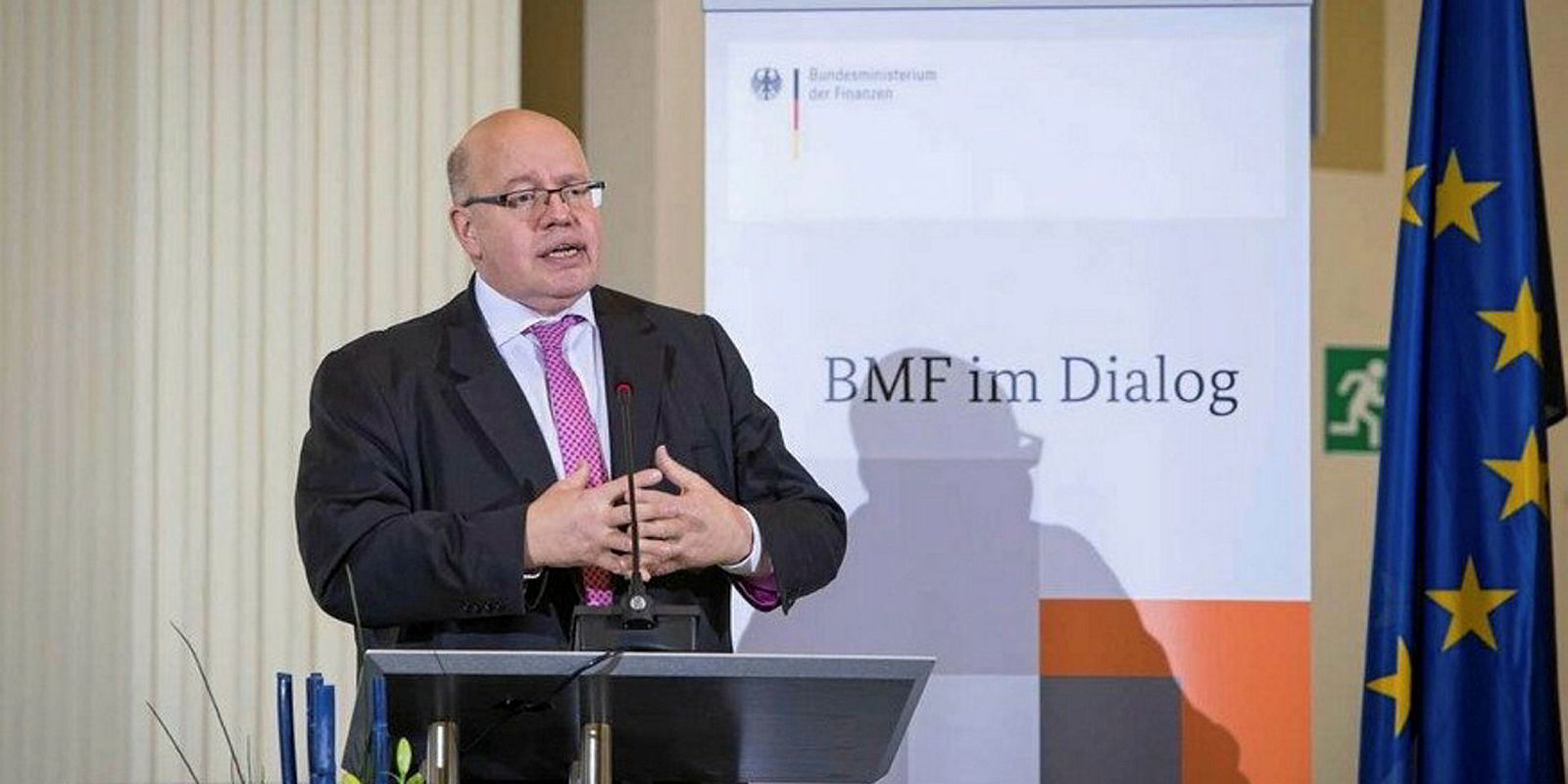German economics and energy minister Peter Altmaier has presented an action plan for power grids that aims at optimising existing networks and speeding up the expansion of the electricity grid.
“For a successful Energiewende, we need modern and well expanded grids as much as we need the build-up of renewable energies,” Altmaier said when presenting his plan in Bonn.
The government in the fall plans to introduce a reform of a law from 2013 to accelerate the grid expansion (Netzausbaubeschleunigungsgesetz) that includes simplified planning procedures, better controlling, as well as the use of new technologies and operating concepts to optimise already existing grids.
For example, conductor cables can be used that withstand higher temperatures and currents, or even special transformers that redirect the power to free lines, the ministry explains. Other measures include an increased digitalisation and automation of grids, or a standardisation of smart-grids in distribution networks.
Altmaier’s ministry acknowledges, however, that the three so-called transmission super-highways in high-voltage direct current (HVDC) technology that are key to transport more power from Germany’s seas and strong-wind areas in the North to power-thirsty industry and population centres in the South will be completed “at the earliest” in 2025.
Not-in-my-backyard protests in states such as Bavaria had delayed their construction, which was already planned earlier this decade as a backbone of the Energiewende, Germany’s transition from nuclear to renewable energies.
The government in recent reforms of its renewables legislation has moved the allocation of most support for green energies to tenders and capped auction volumes in order to stabilise power bills and avoid wind power to be stranded in northern Germany.
That has resulted in a plunge in installation figures in Europe’s biggest wind power market that has started to push profits lower at manufacturers or even contribute to losses, as shown in the results of wind OEMs Nordex and Senvion today.
The government hasn’t specified how much more electricity could be absorbed by grids once the measures announced today will be implemented, but renewables industry representatives in the past have said updating existing grids could create room for additional wind power capacity to be tendered off.
Wind groups and companies such as Enercon recently have urged Berlin to live up to commitments made in a coalition agreement earlier this year to hold 8GW in additional wind and solar auctions.
Fast implementation demanded
Energy sector groups welcomed Altmaier's initiative, but demanded a more concrete timeframe for their realisation.
"The key issues paper contains many right points that could lead to a faster expansion and a more efficient load of grids," said Stefan Kapferer, the chairman of the German federation of energy and water industries (BDEW), the main lobby group for big utilities.
But "what is missing painfully in the action plan are concrete and reliable time tables for putting those measures into practice."
The German federation for renewable energies (BEE) said the measures were long overdue, and should now be coupled with another action plan for energy storage and sector coupling.
The federation also demanded to reduce minimum production levels provided by conventional (fossil and nuclear) generation.
"Electricity from inflexible, conventional power plants, especially coal-fired power plants, must no longer clog the grids," BEE president Simone Peter said. Instead, incentives should be given for a more flexible use of bio-energy.
The BEE also demanded a faster expansion of renewable energies.
UPDATES to add energy sector reaction


